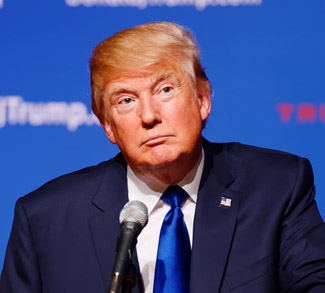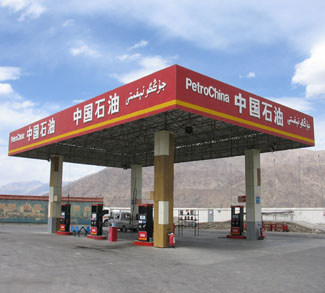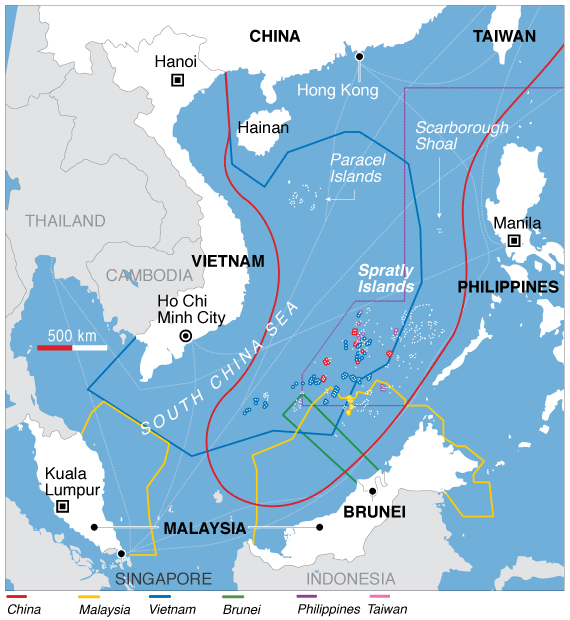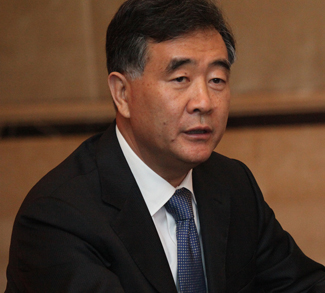Summary
All eyes are on President Trump for his China visit on Wednesday.
It would be hard to argue that the Trump presidency hasn’t been a boon for Beijing thus far: the South China Sea has effectively been turned into a Chinese lake; the Xi administration has inherited some of the leadership role ceded by the U.S. on free trade; China has not been brought to task for any trade or currency manipulations; and North Korea is consistently painted as a crisis that only Beijing has the power to stop. Put simply, the Middle Kingdom’s ascent to great power status has only accelerated over the past few years.
Will recent trends continue, or will the Trump-Xi honeymoon be cut short? Here’s what to look out for in Trump-Xi part two.
Impact
New trade deals abound. High-profile summits involving China and any other country tend to produce a huge number of trade deals. However, these are often memorandums of understanding (general pledges and not legally binding) and they frequently pull in deals that had already been agreed upon previous to the actual summit. The intended effect is to create an eye-popping number for the political consumption of both sides of the bilateral relationship: “$X billion in trade deals! Another monumental ‘win-win!’” And many of the deals included in that high number will eventually fall through long after the summit is over and the media spotlight has faded.




